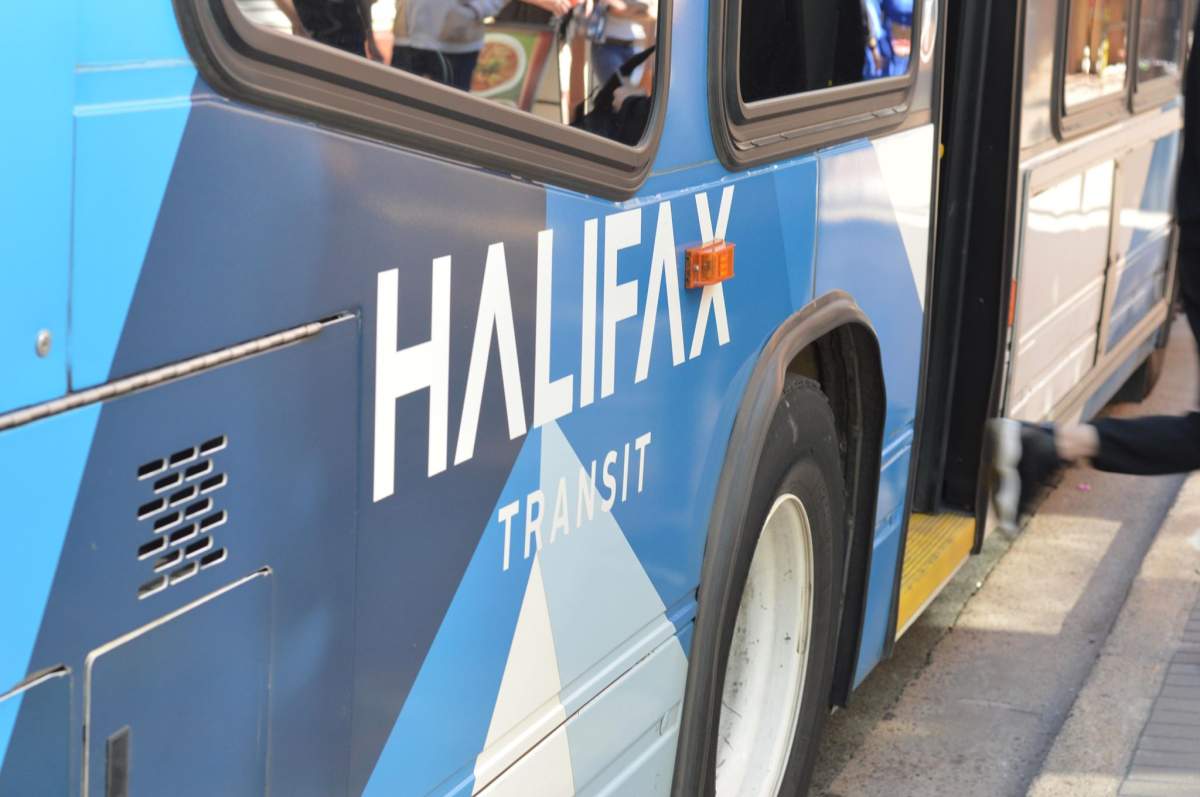Halifax Transit is exploring the use of alternative fuels for its bus fleet in order to help meet the municipality’s goal of reducing greenhouse gas emissions.

The details are contained in a request for proposals (RFP) issued on Nova Scotia’s tender website on Wednesday.
Halifax Regional Municipality’s (HRM) transit service is looking for information on a number of fuel technologies including compressed natural gas, renewable natural gas, diesel gas, battery-electric, liquified natural gas, hydrogen fuel cell, hybrid-electric diesel, converted diesel to electric, and converted hybrid to electric.
READ MORE: Halifax Transit tickets are going to get dollar bill-sized and not everyone is happy about it
The municipality has committed to reducing its greenhouse gas emissions by 30 per cent below 2008 levels by 2020.
Currently, the bus fleet is made up of 338 diesel and 2 hybrid buses, all of which contribute to the overall output of the HRM’s greenhouse gas emissions.
Halifax Transit has already explored the feasibility of battery-electric buses as well as compressed natural gas technologies and say they want to explore the implementation of technologies over a 30-year time span from (2020 to 2050).

Get breaking National news
WATCH: Halifax Transit bus service changes faces mixed reviews

“It is not the intention of Halifax Transit to only explore the potential for one bus technology in the future, but a combination of these technologies in order to maximize overall benefit,” the RFP reads.
The tender asks bidders to create a technical report that “thoroughly outlines” the technologies available to the HRM and recommending the optimal technology while considering the levels of risk, financial impacts, environmental impacts, social impacts and reliability.
The tender closes on Sept. 21.








Comments
Want to discuss? Please read our Commenting Policy first.